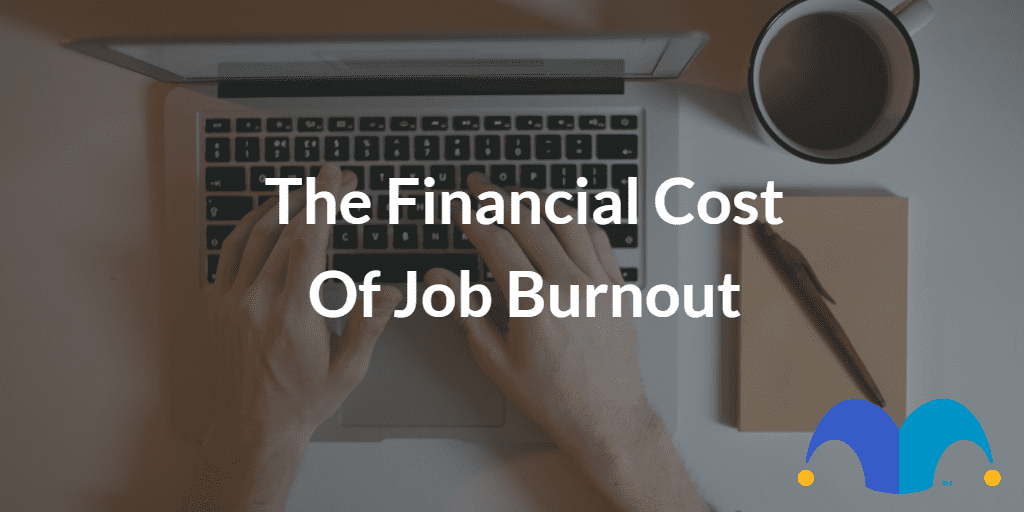According to Mental Health UK, burnout is a recognised ‘occupational phenomenon’ with a big impact on our work-life balance. In 2020, 24% of the UK’s workforce suffered from burnout and things are expected to get worse this year.
Burnout doesn’t happen only to office workers either. Freelancers and those who work from home are equally vulnerable to it. Perhaps even more so, as working hours tend to be longer and it’s harder to separate work and life when you never officially clock out.
What are the signs of burnout at work?
In simple terms, burnout is a state of mental/emotional and sometimes physical exhaustion. Burnout is not the same as stress. Instead, it’s a result of it. When you have a job or a lifestyle where high levels of stress are always present and you are unable to take breaks to ‘recharge’, you might end up emotionally drained.
Common signs of burnout include:
- Feeling helpless or defeated
- Feeling overwhelmed to the point of ‘freezing’
- Lack of energy
- Reduced performance at work
- Experiencing negativity about your tasks, even if you used to like them
- Difficulty concentrating
- Feeling listless
What is the cost of work burnout?
Work-related stress costs British businesses over £26 billion a year in absences, sick leave and disability benefits. Plus, research shows that almost half of employees cannot concentrate properly when experiencing burnout or severe stress. This means less productivity, which costs businesses money.
For employees, missing work often could mean money stress and fewer opportunities for promotions and pay rises. It could also lead to overspending to try to relax after work.
What can you do to cope with it?
One of the biggest issues with job burnout is that it’s hard to recognise. You might think you’re just tired or need a day off or that your boss truly is asking too much. But if you’re constantly overwhelmed and dreading going to work, you might need to take a step back.
Things you can do to help you deal with it:
- Talk to your boss. Are there any options that would help to ease the pressure? Maybe you can work from home one day per week. Or maybe you need to re-evaluate expectations and ask for help from coworkers.
- Look at your habits outside work. Are you sleeping enough? Are you taking time off for hobbies and to disconnect from work? What about exercising and eating well? Having a better-balanced, healthier life can ease signs of stress.
- Can you make your work more fun? Some jobs are more interesting than others. But maybe you can talk to your boss about taking on more exciting projects and sharing the boring tasks with others. Working away from your desk, at a coffee shop or even a local park can help break the routine too.
- Find ways to relax that don’t require much spending. Plan a picnic in the park, meet with friends for a walk and a cup of tea, or find a funny film to watch at the end of the day. If you tend to skip fun activities because you’re too tired at the end of the day, add them to your calendar so you’ll prioritise them.
